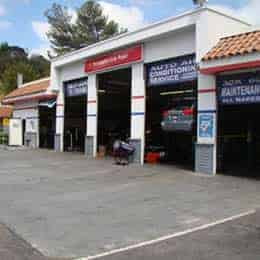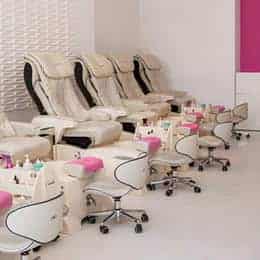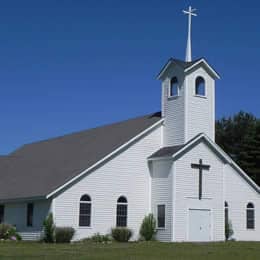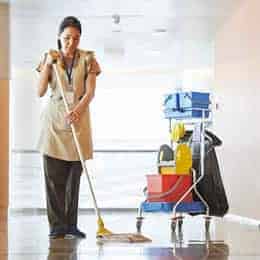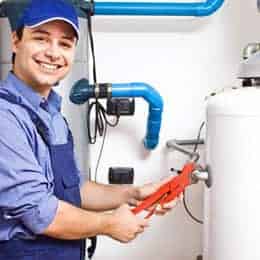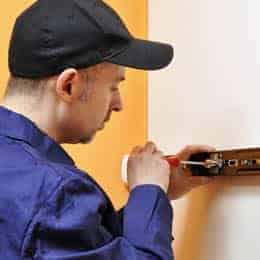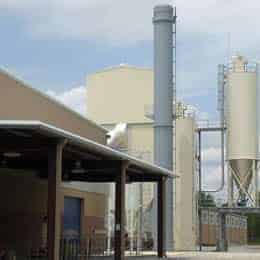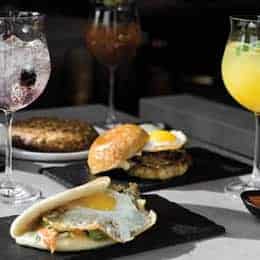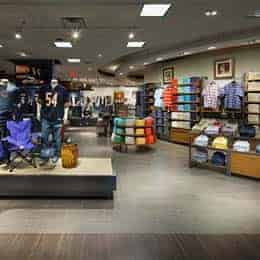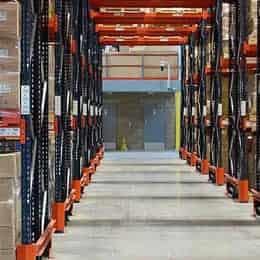Liquor Liability Insurance: Who Needs It?
Regardless of whether it’s the holiday season, the number of alcohol-related accidents on the road spikes across the entire country. If you have a bar or a restaurant, you already know how risky it is to have a lot of intoxicated people in one place. The thing is, when people drink alcohol, they think of celebration. But the truth is if you serve alcohol, your business could be at risk.
Suppose people get into a fight on your property, drive drunk, slip and fall, or cause an accident. One single claim could be a huge financial hit for your business. Luckily, liquor liability insurance is one of the first steps to take to secure your business from unpredictable risks. Here’s how liquor insurance can help.
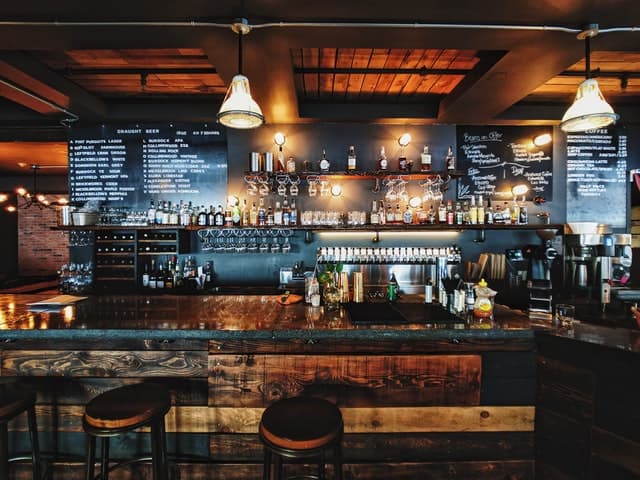
What is Liquor Liability Insurance?
Liquor liability insurance coverage protects the business that manufactures, sells, or serves alcohol against claims that occur when intoxicated people injure someone or cause property damage.
If you sell alcohol on-site, you can be held liable for your customers’ actions. The additional risk is that alcohol often impairs the consumers’ judgment, so it’s essential to be prepared for everything that could happen.
As unfair as it sounds, restaurants, clubs, taverns, and bars that serve alcohol and liquor could end up paying for the damages caused by intoxicated guests. That includes accidents, property damages or injuries to themselves and others. Liquor liability insurance covers your business in case of an accident as your standard insurance policy likely won’t cover an alcohol-related incident.
“Dram shop” laws (laws that make your business liable if they serve a guest who is obviously intoxicated) exist in forty-three states today. The only states that do not have “Dram shop” laws are Delaware, Kansas, Maryland, Nevada, South Dakota, Virginia.
These laws make it easier for you to be sued in case of an incident. These incidents include drunk customers getting into an accident while driving their or someone else’s car, and you could be sued for damages, even though you weren’t involved in the accident.
Liquor liability insurance covers your business in these and many other situations. Besides costly legal fees, claims also have the power to ruin the reputation you have been working on for years. That’s why having the right type of coverage means protecting yourself, your assets, your employees, and your reputation.
What Does Liquor Liability Insurance Cover?
Alcohol liability insurance provides coverage in several scenarios. This policy can help you cover legal expenses and other fees in these situations:
Property Damage
Drunk customers could, for example, hit another car with their vehicle in your parking lot. They could sue you, holding you responsible for the cost of repairing the car that got hit. In this case, liquor liability insurance covers the costs of the legal settlement.
Accidental Injuries
Suppose an intoxicated guest falls and injures themselves, or gets into a car accident after leaving your bar or restaurant. In that case, a lawsuit could be filed against you, holding you responsible for medical expenses.
Assault and Battery
If an intoxicated customer starts a fight and injures another guest, the guest could sue your business. There are other scenarios in which you could get sued, for example, if your staff escorts an intoxicated customer and they claim assault or battery.
Drinking on the Job
Your bartenders could always drink on the job, regardless of your bar’s policy. In this case, liquor liability insurance can cover damages caused by your employees and your guests.
Other Important Policies You Should Consider
While liquor liability insurance provides basic protection for businesses that serve alcohol, there are other useful insurance policies all business owners in this industry should consider:
- Business Owner’s Policy: Business owner’s policy (BOP) covers basic risks and protects your property as a business owner. This insurance bundles general liability insurance with commercial property insurance and the best part is that it comes with a lower rate.
- Workers’ Compensation: This insurance policy is required in most states for all businesses that have employees. It is one of the most useful policies as it covers medical expenses in case an employee is injured on the job.
- Commercial Auto Insurance: Commercial auto insurance covers expenses related to damages and accidents that involve business vehicles.
- General Liability Insurance: This insurance policy covers common risks such as customer injuries or damages to customer property. In many cases, general liability insurance is a requirement for a commercial lease.
- Business Interruption Insurance: This type of policy covers net income loss if you need to temporarily close your business. Besides lost incomes, businesses that need to close also have other costs that need to be covered, such as electricity and rent.
Liquor Liability Insurance Cost
On average, the cost of liquor liability insurance coverage is between $900 and $1,200 per year. The final rate, however, will depend on the limit and deductible you select. Many factors impact liquor liability insurance cost, including:
Type and Volume of Sold Liquor
Usually, bars and restaurants where liquor sales make 25% or less of the total revenue and have no claims history pay about $1200 per year.
Total Annual Revenue from Liquor Sales
Generally speaking, once the alcohol sales volume of your establishment exceeds the food sales, the premium of liquor liability insurance will likely go up.
Type of Establishment
Liquor liability insurance costs will vary depending on the type of business you run. Bars, pubs, restaurants, concessions, dinner theaters all have different rates.
Hours of Operation
Businesses that remain open very late are usually surcharged because of the increased risk.
Security
Security personnel and bouncers on the premises mean higher risk and therefore higher rates.
Server Training
Server training for liquor sales usually results in a big discount on your policy premium. The discount is usually about 20%.
Claims History
Any business that sells liquor and has a history of claims over the previous five years is usually additionally charged up to 50% depending on the number and frequency of claims.
Liquor Liability Insurance FAQ
What Is the Difference Between Host Liquor Liability Coverage and Liquor Liability Coverage?
Liquor liability insurance covers legal expenses, including settlements or damages, and it is ideal for businesses that manufacture, sell or distribute alcohol. Host liquor liability insurance is useful for business owners who may face liabilities if they don’t serve or sell alcohol, but they allow alcohol to be consumed on their premises.
Does My General Liability Insurance Cover Liquor Liability?
General liability includes host liquor liability, which means that if your business doesn’t sell or serve alcohol but allows people to drink it on your premises, general liability coverage can cover damages that are the result of someone else’s intoxication.
What Does Liquor Liability Insurance Not Cover?
- Underaged Drinking Customers: Usually, liquor liability insurance doesn’t cover customers who are underaged and drinking.
- Damages to Your Own Property: The liquor liability policy also doesn’t cover any damages to your own property.
- Bodily Property: Liquor insurance doesn’t cover property damage and bodily harm, like slander and libel.
If you are still unsure whether you need liquor liability insurance, the best advice is to talk to an experienced insurance specialist who will gladly create the best offer according to your specific needs.
Did you like this article? If you found it useful, make sure you also read more about commercial property insurance as well!
- EIG Adminhttps://eastinsurancegroup.com/author/admin-2/
- EIG Adminhttps://eastinsurancegroup.com/author/admin-2/
- EIG Adminhttps://eastinsurancegroup.com/author/admin-2/
- EIG Adminhttps://eastinsurancegroup.com/author/admin-2/

